SUPERVISORS AND DOCTORAL CANDIDATES
SUPERVISORS
POLIMI: Valentina Corino – project coordinator
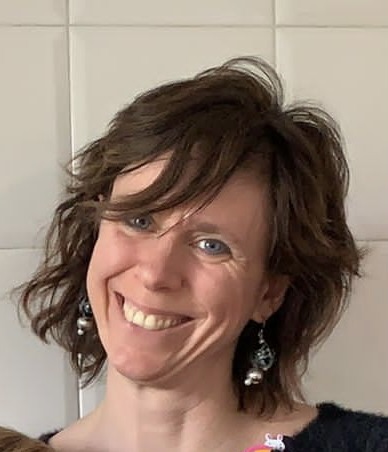
Associate Professor in the field of biosignal and bioimage processing at POLIMI with ~70 papers on peer-reviewed international journals, 5 book chapters and 56 conferences. Scopus H-index: 18. She teaches the course Applied AI in Biomedicine and she is responsible for the LEGO (DigitaL tEchnologies for imaGing and sensOrs) lab at CCM. Supervised and co-supervised 6 PhD students of 3 nationalities and 30 master and undergraduate students for their final thesis. She has been in charge of the “Project” course for the Bachelor programme in Biomedical Eng, where she supervised ~40 students per year. Local PI of national projects on AI in hip X-rays and cardiac radiomics. Responsible of a research group of ~10 people applying AI-based solutions to cardiovascular problems. Supervisor of DC1.
UTU: Pasi Liljeberg

Professor in Health Technology at University of Turku, Finland. He has established and leading Digital Health Technology Research group at University of Turku with ~30 members. He has authored around 300 peer-reviewed publications. Scopus H-index: 38. Supervised 18 PhD students, ~50 MSc and several BSc theses. Continuously supervising new PostDocs, PhD and MSc students. He is leading health technology research group of ~30 persons. Responsible of biomedical engineering curricula at Faculty of Technology and PhD education at Department of Computing, University of Turku, Finland. Supervisor of DC2.
BRC: Raphael Schneider
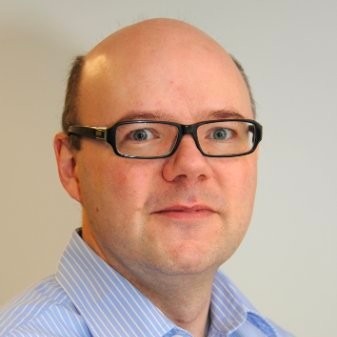
Sr. Engineering Manager of the Data Analytics & Diagnostics team at the Medtronic Bakken Research Center. He published 22 papers in peer-reviewed international journals, contributed 2 invited book chapters and presented 66 abstracts on national and international congresses. Supervised 5 master and undergraduate students for their final thesis. Since 2015 he is leading a team of 5-10 engineers, scientists, contractors and interns. Supervisor of DC3.
CCM: Corrado Carbucicchio
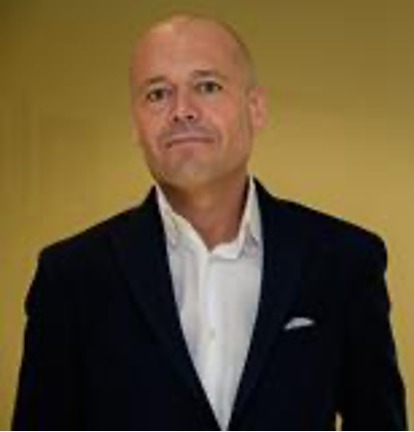
Director of the Ventricular Intensive Care Unit at CCM, a world recognized leader in the field of innovative treatment of ventricular tachycardia through the most advanced technologies (robotic devices and specialized ablation catheters). More than 70 publications on peer reviewed international journals. Invited lecturer at more than 200 symposiums around the world. Scopus H-index: 26. From 2012 he performs teaching and tutoring activities for students referred to the academic courses of Cardiology of the University of Milan. Co-supervisor of graduating students for their final thesis. PI of the STRAMI VT Study. Supervisor of DC4.
CC: Fabio Badilini

Research in the cardiovascular arena since 1989, leading to more than 70 peer reviewed publications. Founded two companies: AMPS LLC in 2000, then Cardio Calm srl in 2010. Currently part-time faculty at UCSF, head of Center for Biological Research, under the Department of Cardiology. President of the International Society of Electrocardiology (ISCE).
Supervised and co-supervised students under different contexts. As part of Cardio Calm has supported a PhD student form the University of Milan and mentored several students in their Master thesis at Universities of Brescia and Verona. As part of the UCSF appointment, has co-supervised 2 PhD and 2 Master students under the School of Nursing program. Supervisor of DC5.
NUUBO: Borja Gonzalvez
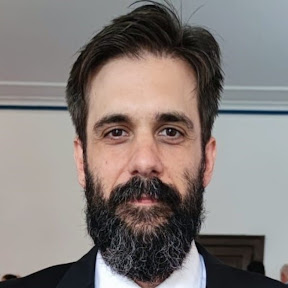
Professor in Biomedical Engineering at Universidad Europea de Madrid. He has more than 10 years’ experience in medical device business and collaborated in two sensor related patents. Supervision of software development team for 10 years in Nuubo. Supervisor of DC6.
TECH: Joachim Behar
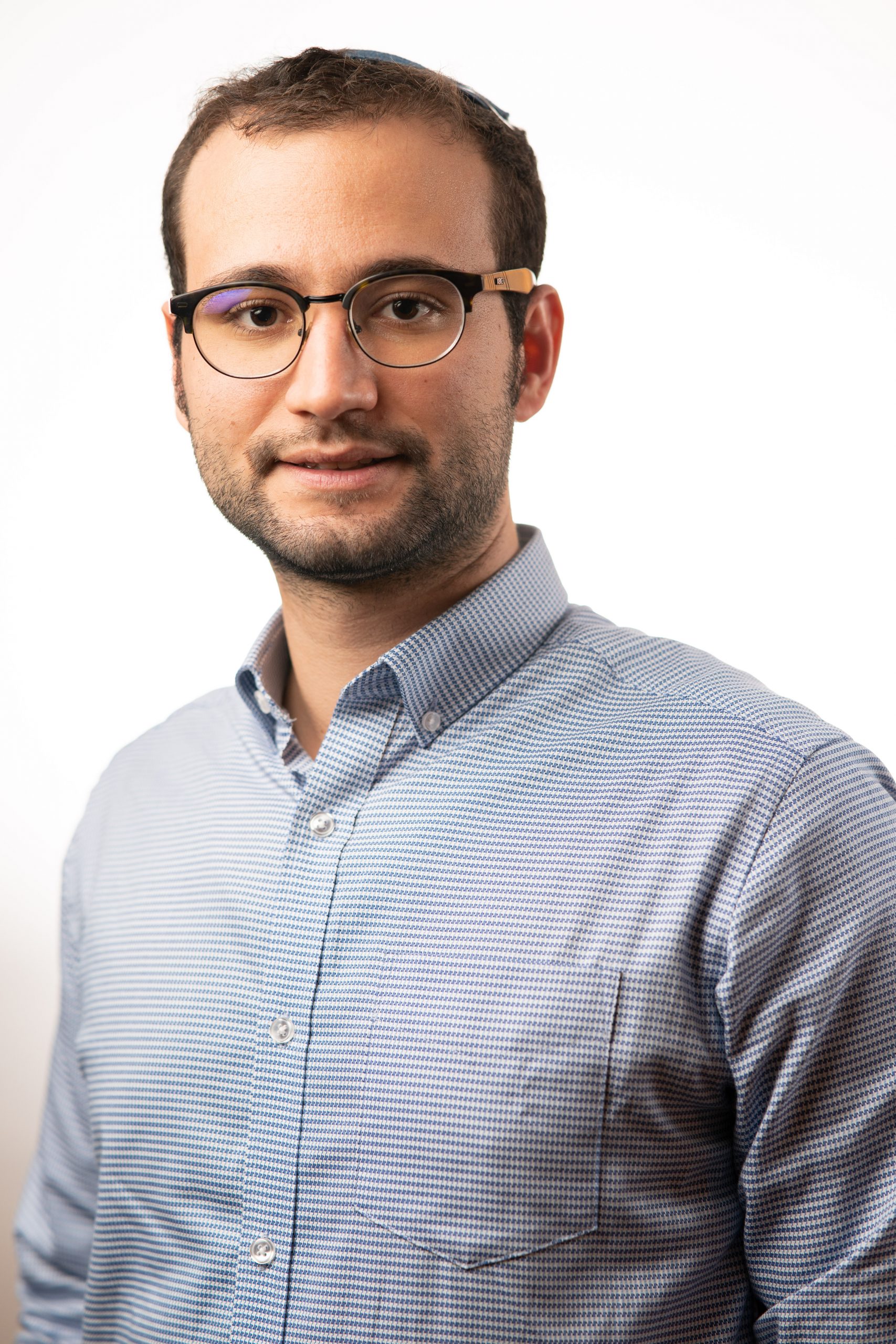
Dr. Behar is directing the Artificial Intelligence in Medicine Laboratory (AIMLab) at the Technion Faculty of Biomedical Engineering. His work focuses on developing machine learning algorithms for medical data analysis, particularly in cardiology, sleep medicine, and ophthalmology, and he has contributed significantly to discovering diagnostic biomarkers. The lab has conducted extensive research on large datasets and Dr. Behar has published over 67 journal papers (h-index 30). He serves as an editor for Physiological Measurement and has been involved with the Computing in Cardiology conference. He won the MIT-PhysioNet/Computing in Cardiology competition twice and initiated the Technion-Rambam Initiative in Medical AI (TERA) in 2022, aiming to use AI to improve healthcare. The lab hosts a dozen graduate students and staff scientists. Supervisor of DC7.
UNIZAR: Esther Pueyo
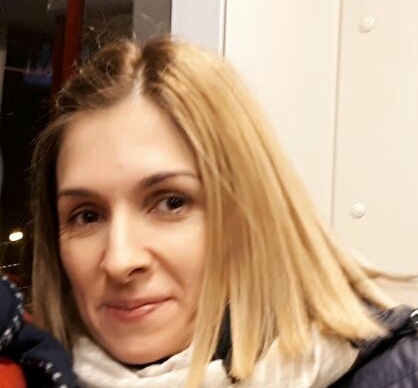
Associate Professor working on signal processing and in silico electrophysiological modeling. She has published 115 full journal papers, 15 journal abstracts and over 100 contributions to conference proceedings. She is/has been Board Member and Associate Editor of 7 JCR journals. Her Scopus H-index is 28. She has supervised 11 PhD students with defended theses, 10 Postdoctoral researchers and 26 MSc projects. She has participated in 58 research projects, including the EU-funded grants: ERC Starting Grant MODELAGE, ITN Marie Curie projects MY-ATRIA and PIC, European Space Agency actions and ICT-health projects BRAV3 and preDiCT. She has been PI of 17 international and national grants. She is currently PI of 4 research grants, in which she is coordinating around 30 researchers. Supervisor of DC8.
LU: Martin Stridh
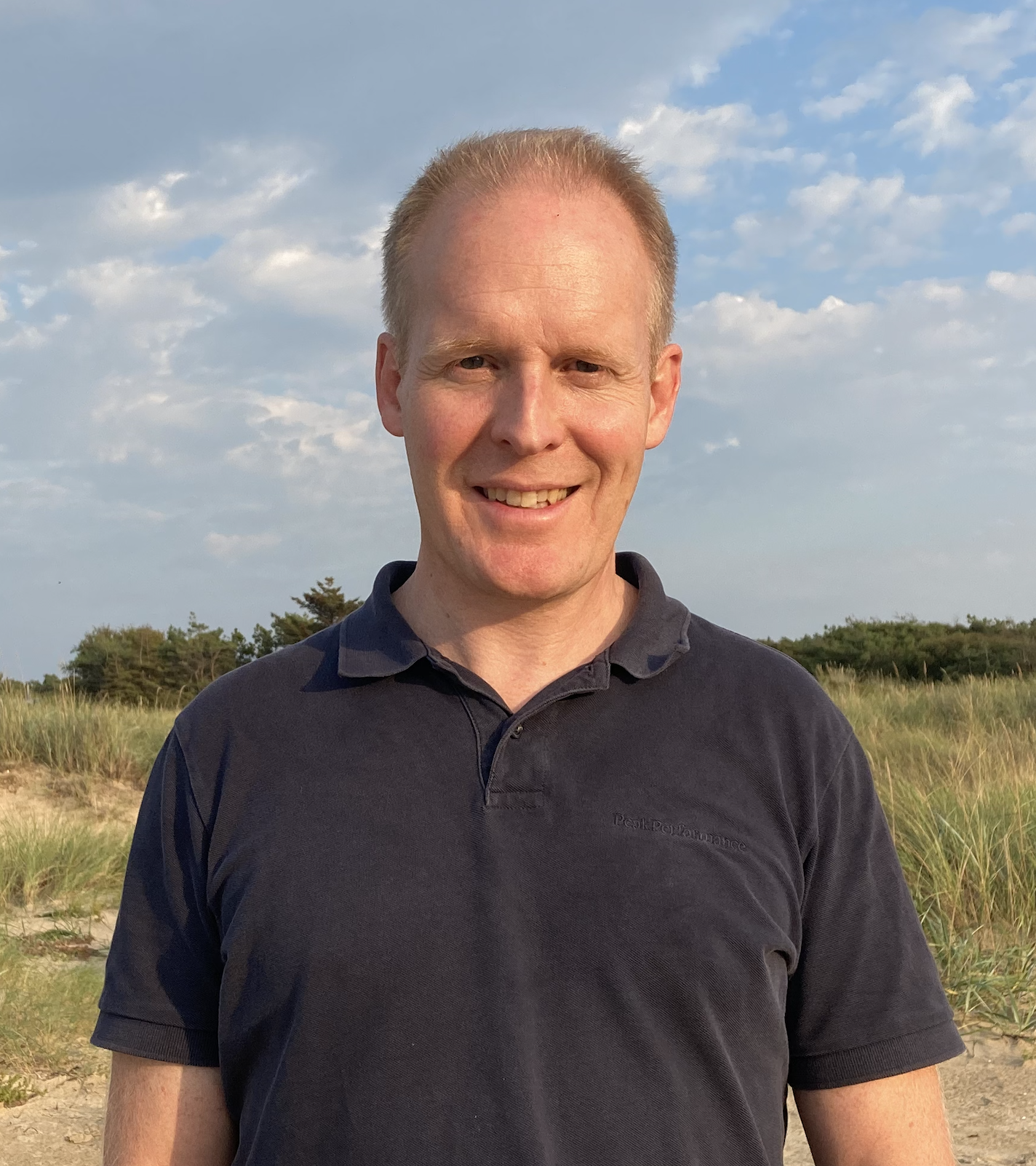
Associate Professor in the field of biomedical signal processing at Lund University. He has published more than 80 publications in international journals and conferences (Scopus H-index: 23). He teaches courses in biomedical engineering, statistical and biomedical signal processing, e-health, and data-driven health (machine-learning). Based on his research he founded the company Cardiolund AB. He is main supervisor for three and co-supervisor for another three completed PhD projects. Supervisor/examiner for 60+ master students 2001-2023. Supervisor of DC9.
UMIL: Roberto Sassi
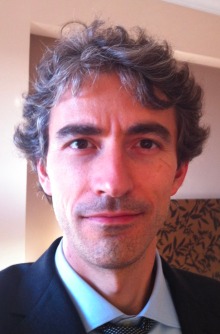
Roberto Sassi is Full Professor of Computer Science at the University of Milan, Italy, where he teaches courses on digital signal and image processing, and a master class on biomedical signal processing. He graduated in electronic engineering in 1996 and received a Ph.D. degree in biomedical engineering in 2001, both from Politecnico di Milano, Italy. He participated in the coordination of the activities of EU (MY-ATRIA, NESTORE, INSIDE-HEART) and national (SMARTA, COVIDSQUARED, SOLITAIRE) funded projects. The research activity of Roberto Sassi has been mainly in the fields of biomedical signal and image processing, and applied mathematics. The methodological techniques have been exploited also to address related challenges in computer science, as biometrics, remote monitoring, and healthy ageing. Supervisor of DC10.
DOCTORAL CANDIDATES
POLIMI – DC1: Jakob Botvidsson
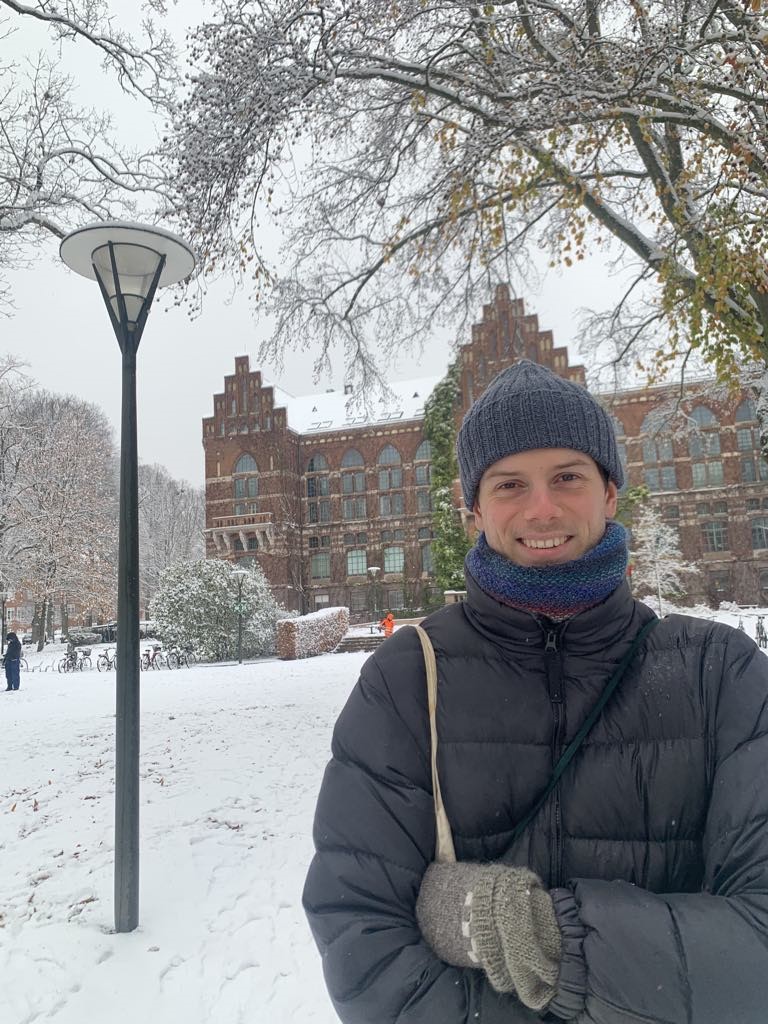
I am Jakob Botvidsson and I got the MSc in Biomedical Engineering from Lund University, with a thesis entitled “An AI-based Predictor of Atrial Fibrillation Recurrence Following Pulmonary Vein Isolation”. In my spare time, I enjoy cooking, exploring, reading and endurance sports. My research will focus on the integration of novel contact and non-contact digital biomarkers for SVAs screening
UTU – DC2: Ajdar Ullah
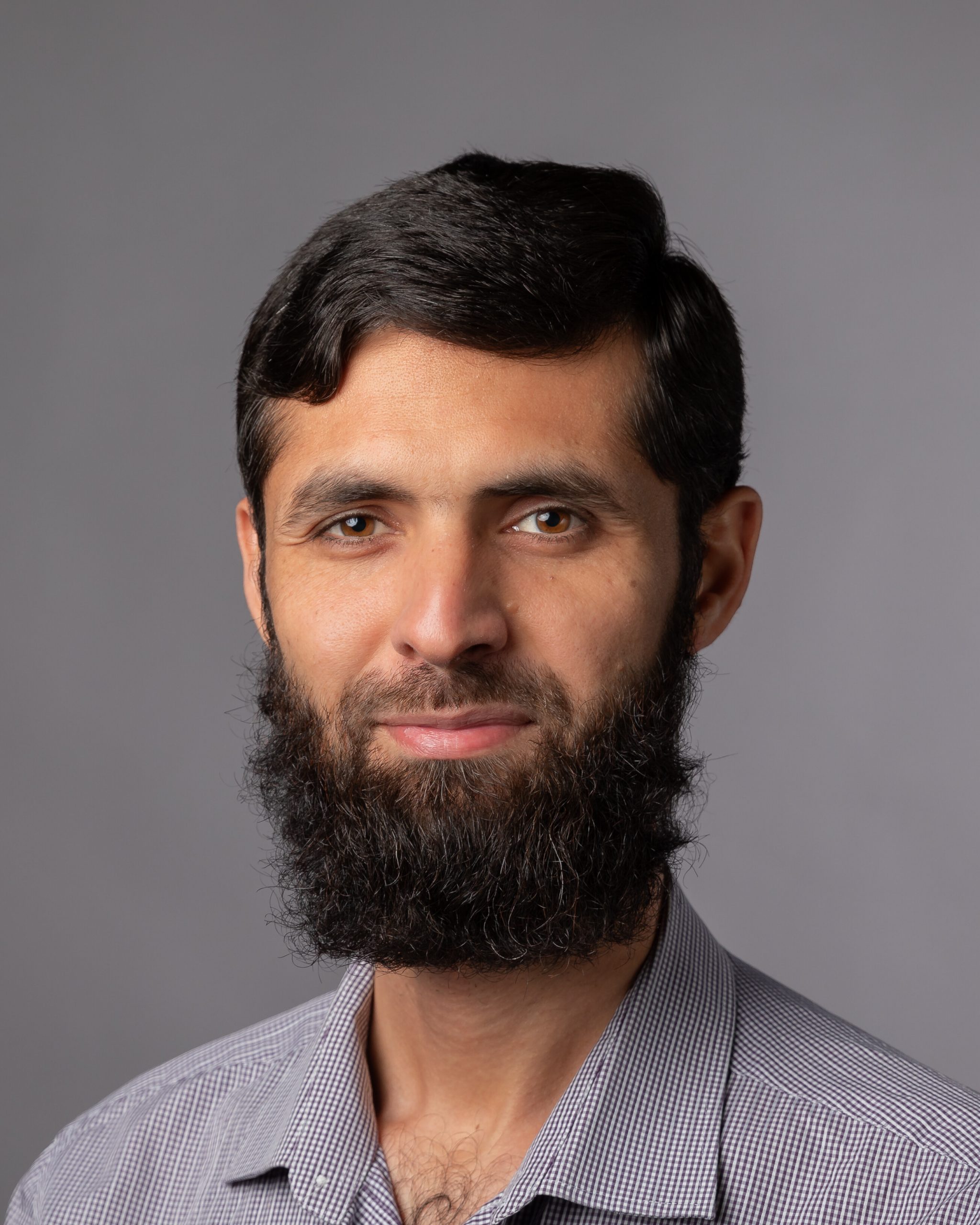
Engineer. Ajdar Ullah is a passionate researcher and graduate of the National University of Science and Technology (NUST), Pakistan, where he earned his Master’s in Biomedical Engineering with a perfect CGPA of 4.0 and Bachelor’s in Mechanical Engineering. Ajdar is currently pursuing his PhD under the supervision of Professor Pasi at the University of Turku, Department of Computing, Faculty of Technology. His research focuses on developing an IoT-based system to detect and monitor the progress of supraventricular arrhythmias (SVAs) in infants, combining his expertise in machine learning, bio-potential signal processing, and biomedical systems. With a background in both biomedical and mechanical engineering, Ajdar has a strong track record in interdisciplinary research, publishing multiple papers on topics like electromyography and rehabilitation devices. He is dedicated to advancing healthcare technology through innovative engineering solutions. He is happily married and has two kids.
BRC – DC3: Lucia Vavassori
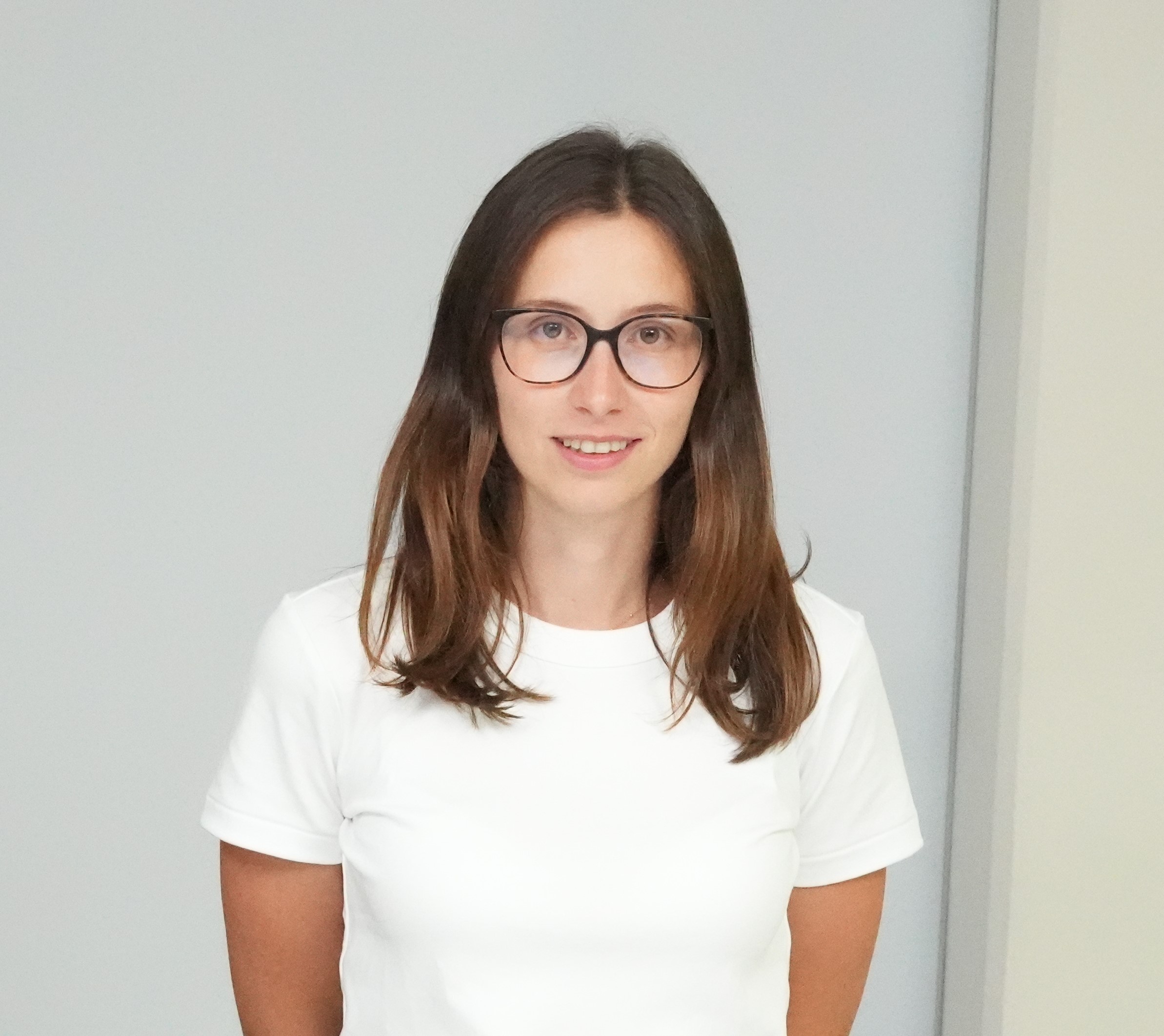
I am Lucia Vavassori, originally from Bergamo, Italy. I hold both a bachelor’s and a master’s degree from Polytechnic of Milan, with a focus in Biomaterials and Biomechanics. I love hiking, doing sport, traveling, immersing myself in new cultures, and exploring different cities. During my master’s, I had the opportunity to do an Erasmus exchange in Norway, right at the Arctic Circle. I also spent time in Zaragoza, Spain, where I carried out my thesis at the Department of Applied Mechanics and Bioengineering. Now, I’ve taken another exciting step by moving to the Netherlands to start my PhD. I’m thrilled about all the opportunities for personal and professional growth this project has to offer!
CCM – DC4: Stefana Bogojevic
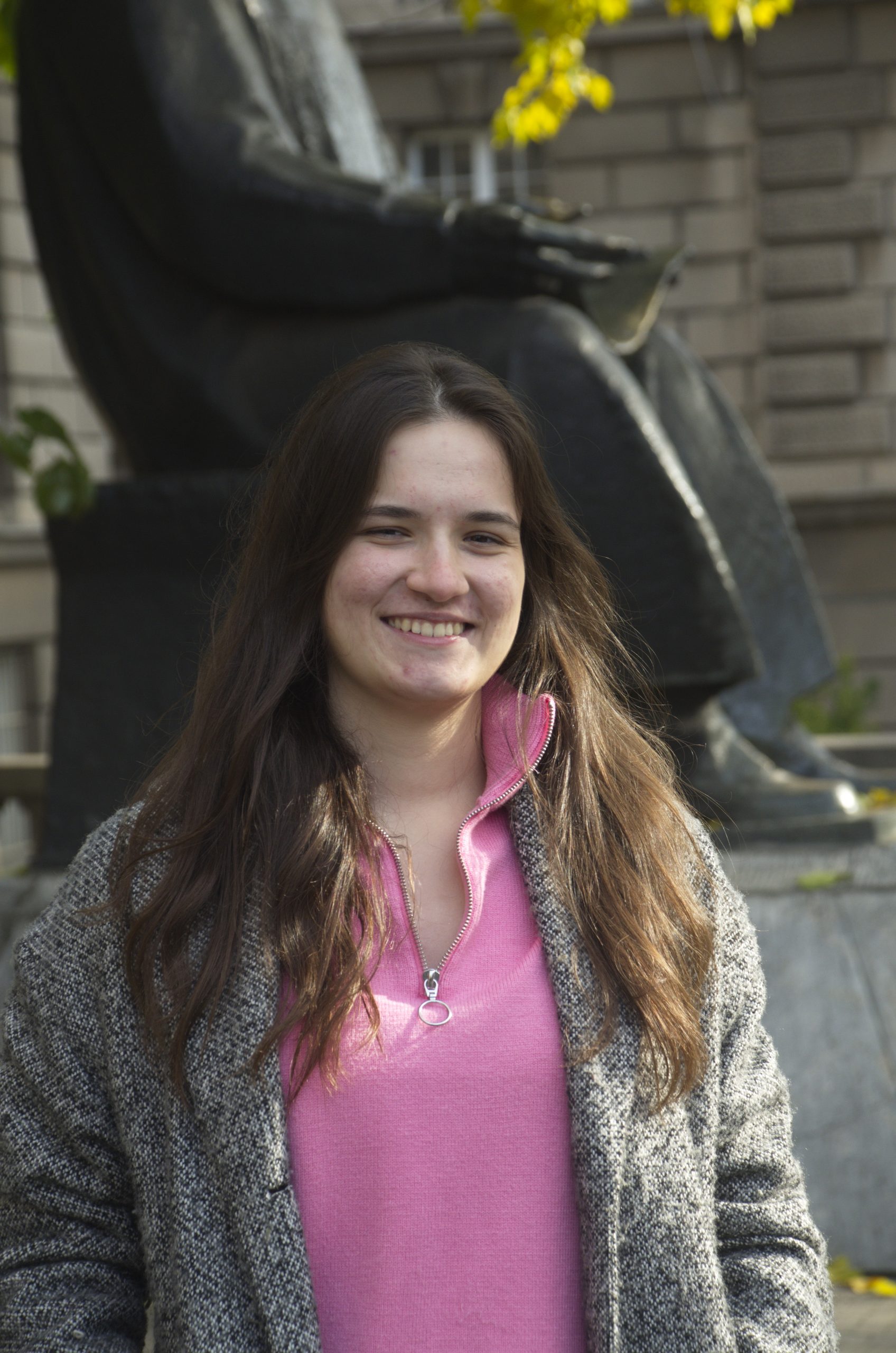
Master Engineer of Electrical Engineering and Computer Science. She graduated from the School of Electrical Engineering, University of Belgrade, specializing in signal processing. During her bachelor’s studies, she was a member of the H-Bridges student team, which won 2nd place at the International Future Energy Challenge. While pursuing her master’s degree, she interned as a researcher and published a paper at the TELFOR. In her spare time, she enjoys traveling, exploring new films, and playing video and board games.
CC – DC5: Beatriz Cosculluela
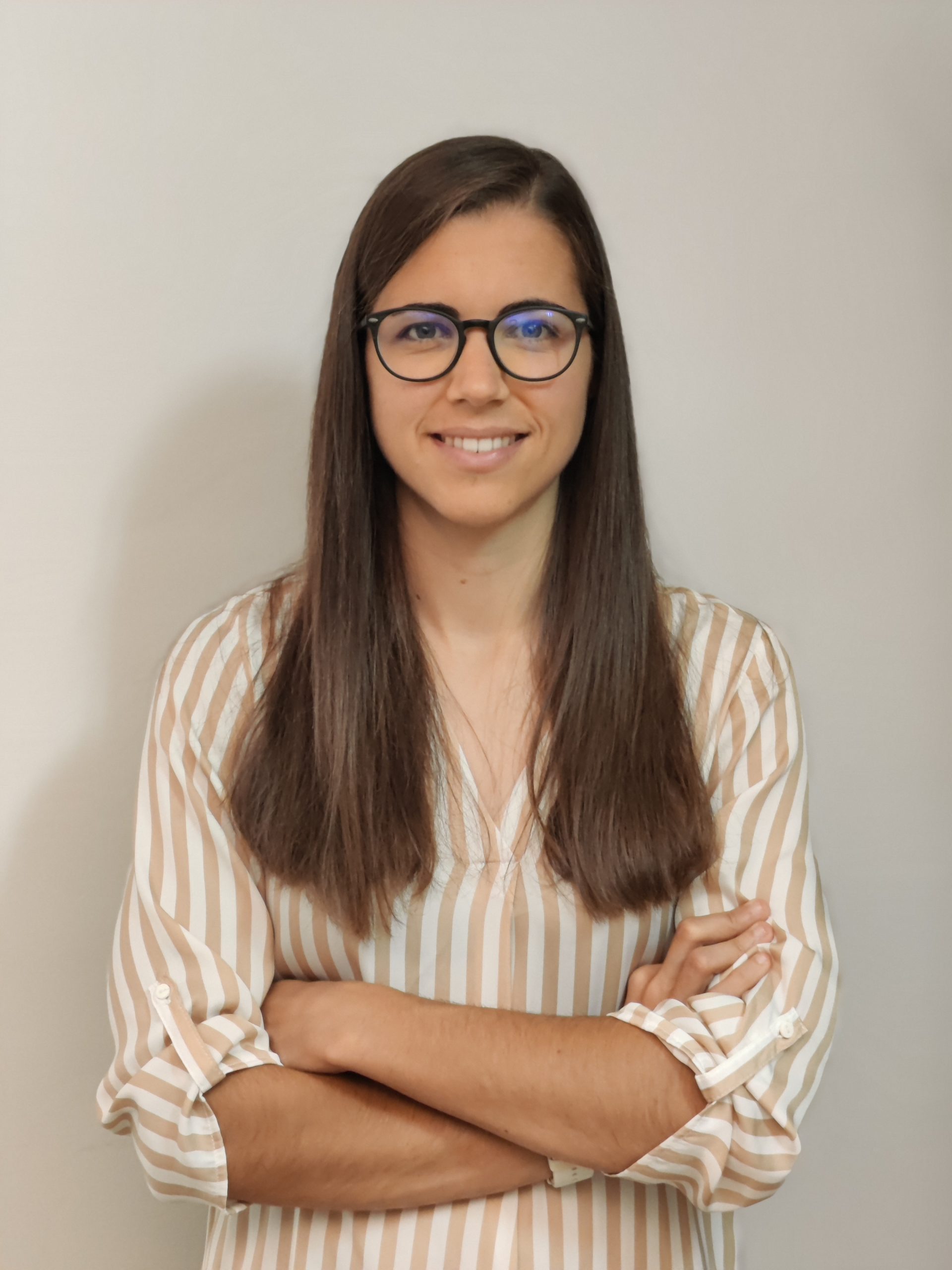
I am Beatriz Cosculluela, and I come from the north of Spain, Barbastro, near the Pyrenees. I hold a BSc in Electronic and Automation Engineering and a MSc in Biomedical Engineering. After several years of work experience in the biomedical and artificial intelligence fields, my commitment to improving people’s quality of life has led me to pursue a PhD at Cardio Calm, in Italy, together with the University of Milan. My research will focus on developing clinically relevant AI-driven solutions for continuous supraventricular arrhythmia monitoring using wearable devices. Outside of my professional work, I enjoy practicing sports, and I am passionate about mountaineering and climbing.
NUUBO – DC6: Paul Kapust
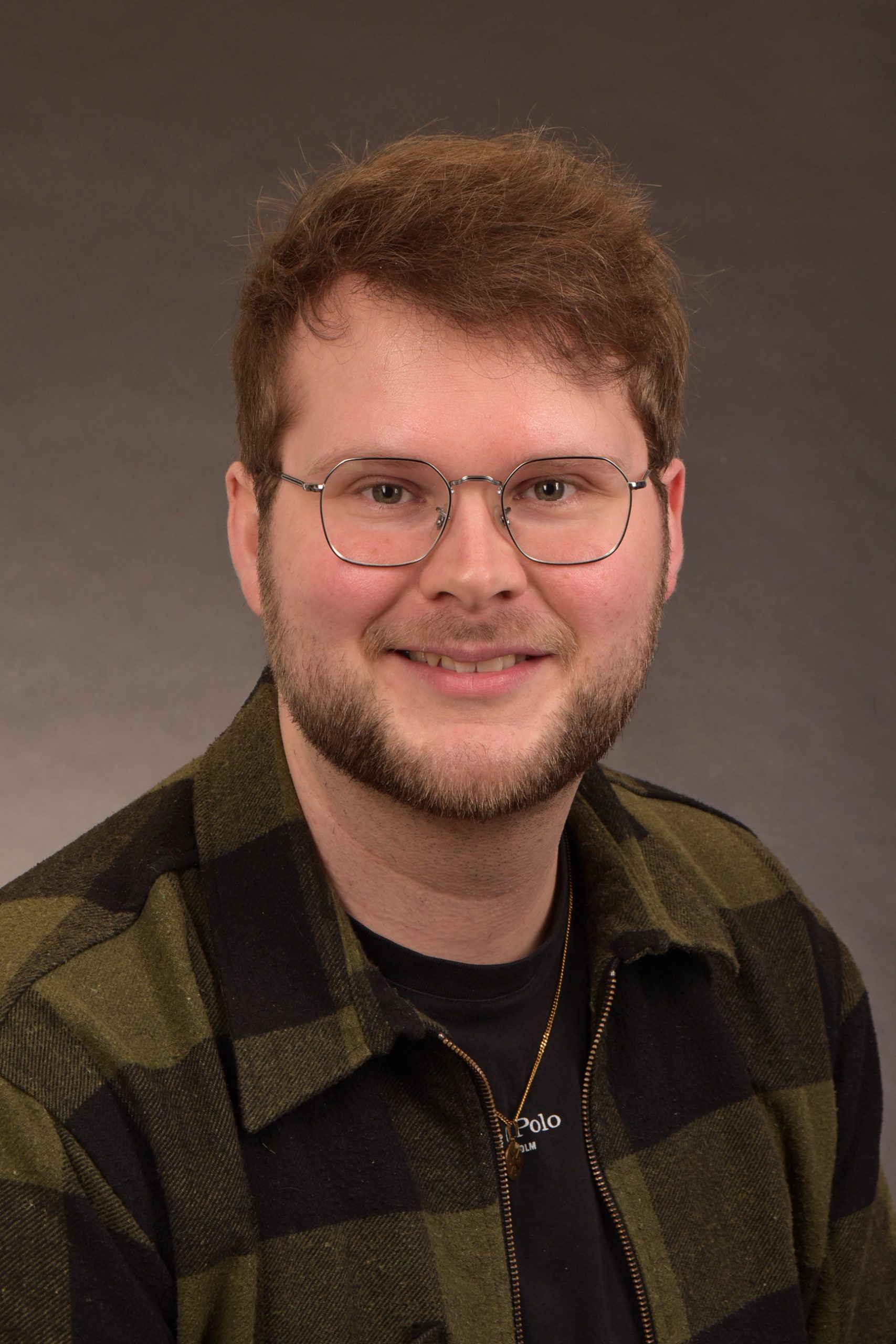
I received my master’s degree in Computer Science from Technische Universität Berlin. Additionally, I spent an Erasmus semester abroad at Chalmers University of Technology. During my master’s, I focused on machine learning and computer vision and published a paper based on my thesis. In this doctoral project, I will research predictors for supraventricular arrhythmias at medical company Nuubo (Spain) and Università degli Studi di Milano (Italy).
TECH – DC7: Lisa Attali
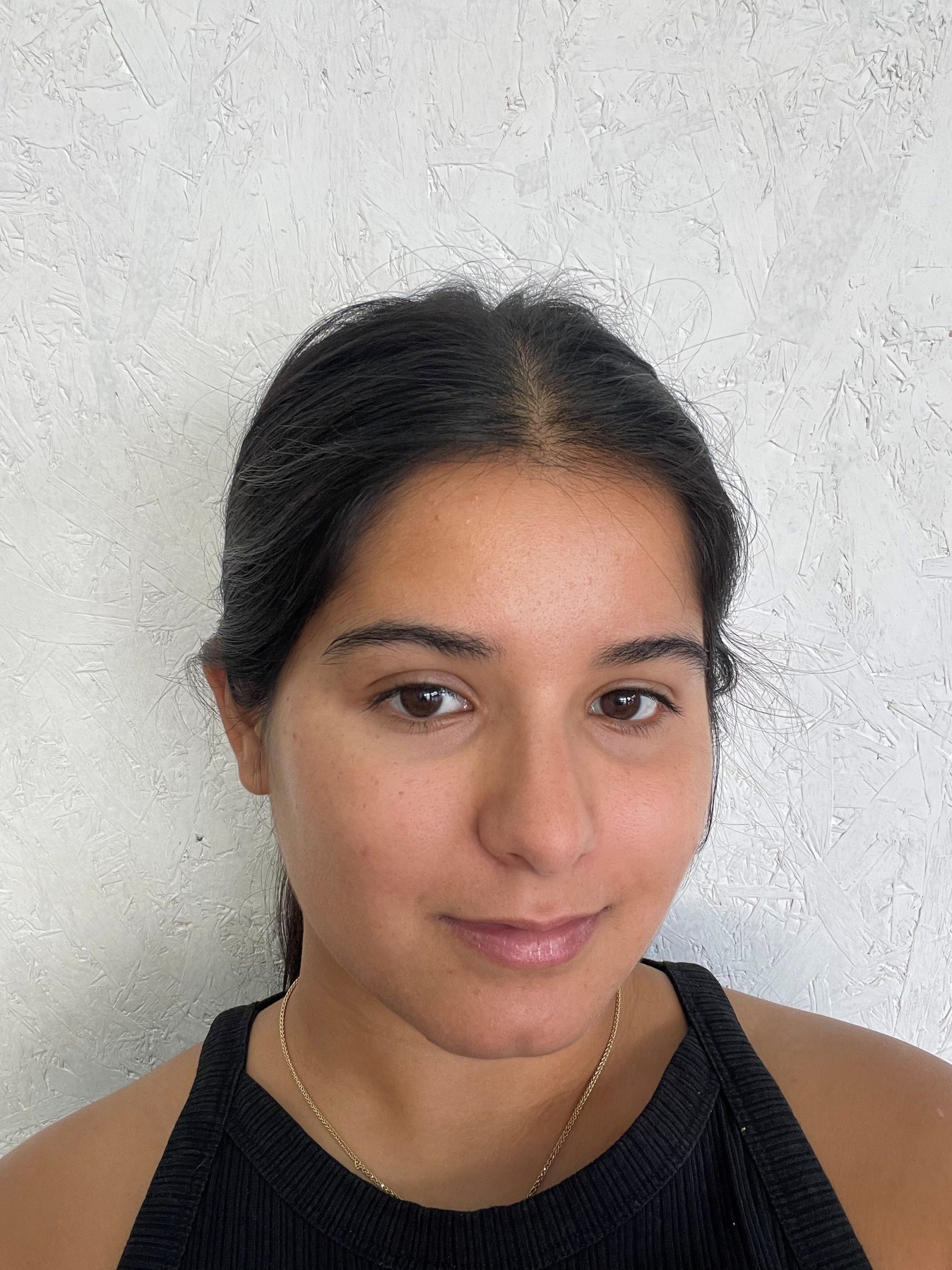
My name is Lisa Attali, after graduating from a bachelor and masters of Biomedical Engineering at UCL in London, I started a PhD at the Technion school in Haifa in the Artificial Intelligence in Medicine Lab. During my graduate studies I focused my studies on IA in medicine as I believe it will be an important diagnosis tool in the near future! My research will focus on identifying digital biomarkers for cardiovascular risk prediction particularly supra ventricular arrhythmias
UNIZAR – DC8: Andrea Rucco
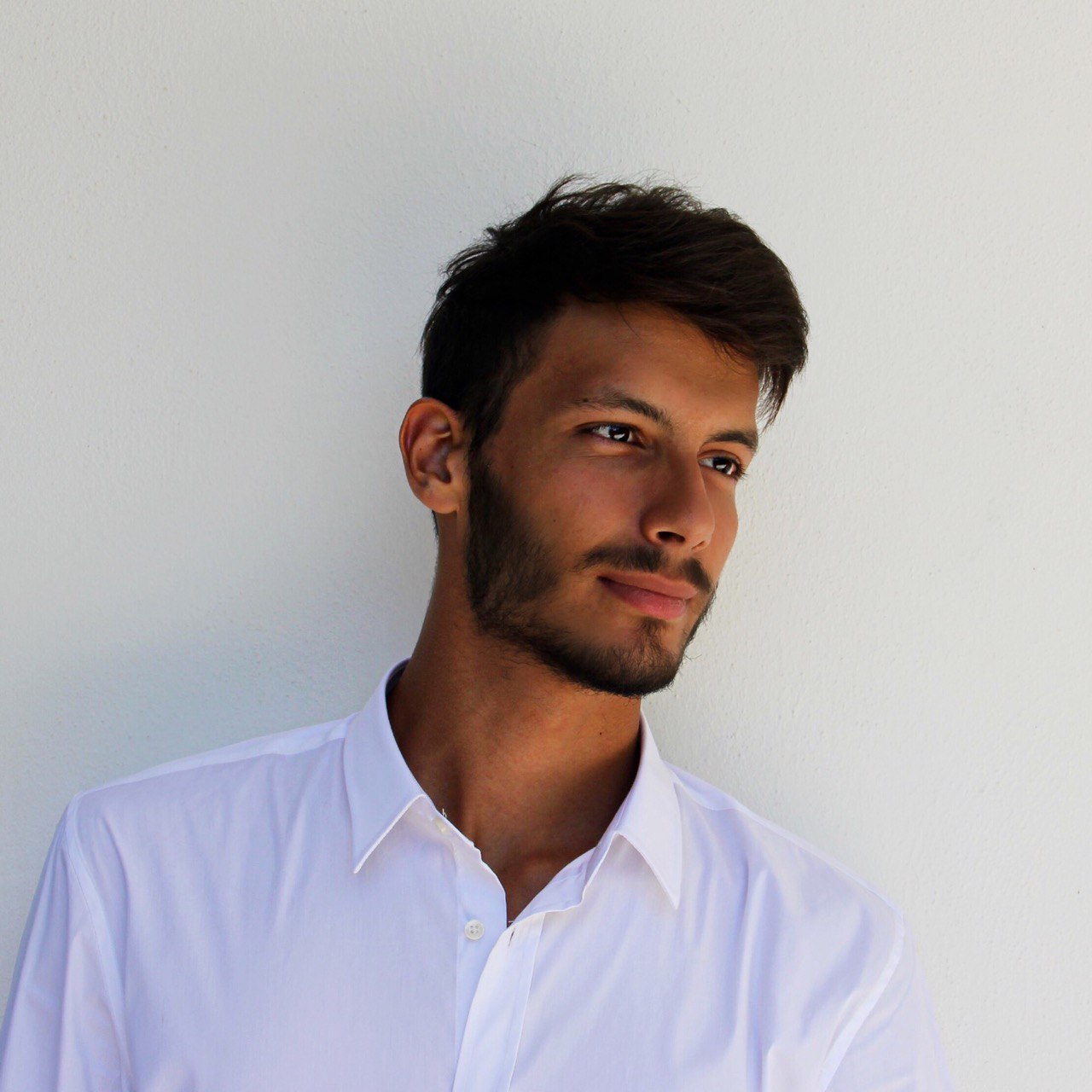
I am Andrea Rucco, originally from Nardò in the south of Italy. I graduated from the Politecnico di Milano with a bachelor’s degree and a master’s degree in Biomedical Engineering. After finishing my studies, I moved on to an internship at Boston Scientific as a Field Clinical Specialist in Electrophysiology. This experience was a significant step in my career, where I had the opportunity to work with physicians and professionals from different backgrounds and to develop a deeper understanding of the fascinating functions of the heart. Currently, I am a PhD student at the Universidad de Zaragoza, Spain, and I am really excited to dive into this new chapter. I’m looking forward to exploring the challenges and opportunities the INSIDE-HEART project will bring, and I am eager to see where this journey takes me! Outside of academics, I am a pianist and I enjoy performing in concerts and playing with friends. I also love travelling, discovering new cultures and staying active through sports.
LU – DC9: Livia Colucci
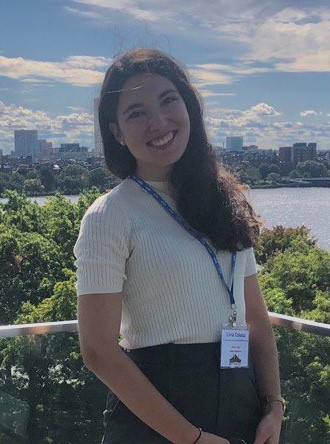
PhD student in the Department of Biomedical Engineering at Lund University, Sweden (DC9), with a Master’s degree from Politecnico di Torino, Italy, and a Master’s thesis conducted at Harvard Medical School’s Motion Analysis Lab in Boston, MA, USA. Former participant in the Erasmus program at INSA Lyon, France, and Research Scholar in the Department of Neuroscience at the University of Turin, Italy. Outside of research, interests include nature walks, singing and photography.
UMIL – DC10: Joachim Kröner
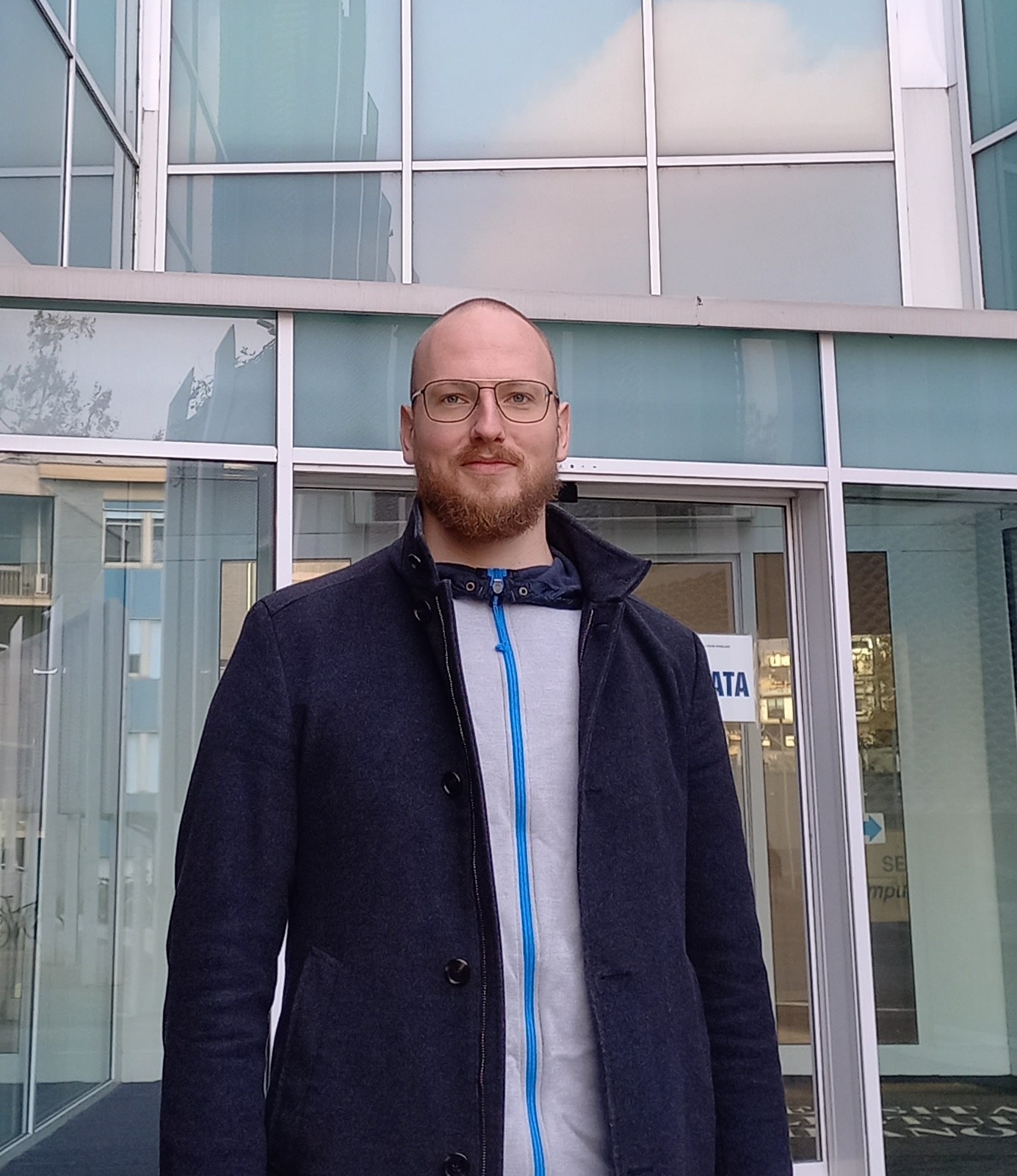
Joachim Kröner is a PhD student and paramedic with a Bachelor of Science in Medical Engineering from Furtwangen University (2020) and a Master of Science in Computational Science and Engineering from Ulm University. His professional career includes several years of full-time work as a paramedic, alongside part-time employment in this field during his studies. In his master’s thesis, he focused on real-time ECG measurement, which fuelled his passion for the electrophysiological modelling of the heart. Currently, Joachim is a doctoral candidate at the University of Milan, participating in the EU-funded INSIDE HEART Project. His research interests are centred on establishing a better understanding of repolarisation and depolarisation processes in the atria to improve the understanding and detection of supraventricular arrhythmias. Joachim utilises advanced computational models, simulation techniques, and signal processing algorithms to investigate the electrophysiological behaviour of the heart. His work aims to find digital biomarkers related to repolarisation and atrial fibrillation. Through his research, Joachim strives to enhance the understanding of cardiac electrophysiology and its implications for arrhythmia management.
